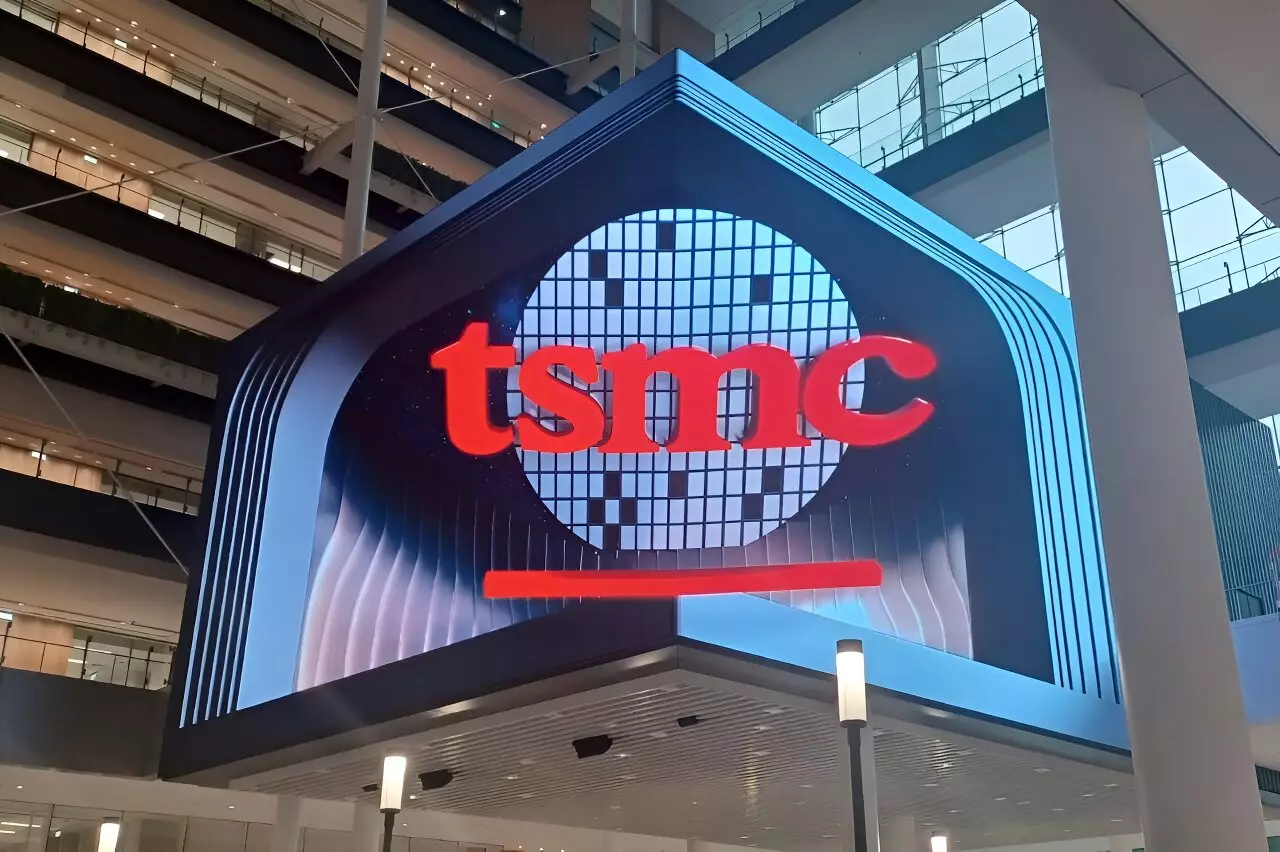TSMC, founded by Morris Chang in 1987, emerged as a key player in the semiconductor industry. Its establishment was a response to Taiwan’s government initiative to compete with leading countries in the sector, such as Japan. Since then, TSMC has solidified its position as a global leader in chip manufacturing, catering to diverse industries from smartphones to advanced robotics. Chang’s leadership and vision earned him the title of the “godfather” of Taiwan’s chip industry, symbolizing his significant contributions and influence.
Noteworthy collaborations with industry giants like Nvidia, Qualcomm, AMD, and Apple have contributed to TSMC’s success. As a critical supplier of advanced semiconductors, TSMC has played a pivotal role in supporting technological advancements. Its association with AI breakthroughs, including ChatGPT, has positioned TSMC at the forefront of innovation, paving the way for future developments in AI devices and systems.
Geopolitical Challenges and Expansion Efforts
Taiwan’s geopolitical situation, with China claiming sovereignty over the island, poses a significant threat to TSMC’s operations. The potential impact of a Chinese invasion on TSMC’s production and supply chain has raised concerns, prompting the company to diversify its manufacturing sites. Initiatives to establish fabs in the United States, Japan, and Europe aim to mitigate risks associated with regional tensions and geopolitical uncertainties. However, challenges related to resource availability and specialized skills have presented obstacles to TSMC’s expansion efforts.
Resilience amidst Natural Disasters
In addition to geopolitical risks, TSMC faces environmental challenges due to Taiwan’s susceptibility to natural disasters. Situated on the “Ring of Fire,” a seismic hotspot, Taiwan is prone to earthquakes that can disrupt operations. TSMC’s proactive measures, such as seismic-resistant features and an early warning system, demonstrate its commitment to minimizing the impact of natural calamities on its facilities. Despite facing interruptions like the recent 7.4-magnitude earthquake, TSMC has shown resilience in its ability to recover and maintain production continuity.
Looking ahead, TSMC’s strategic investments in new manufacturing facilities signal its commitment to innovation and growth. The company’s foray into emerging markets like Japan and Germany underscores its global expansion objectives. By leveraging government support and capitalizing on technological advancements, TSMC aims to reinforce its position as a leading provider of cutting-edge semiconductors. The diversification of its production sites, coupled with ongoing research and development, positions TSMC for sustained success in the dynamic semiconductor industry.
TSMC’s journey from a startup in 1987 to a trillion-dollar semiconductor powerhouse reflects its resilience, innovation, and adaptability in a rapidly evolving market. Despite facing geopolitical, operational, and environmental challenges, TSMC has continued to thrive and lead the industry with its technological prowess and strategic vision. As it navigates through a complex landscape of opportunities and threats, TSMC remains a key player in shaping the future of semiconductor technology and driving global innovation forward.


Leave a Reply